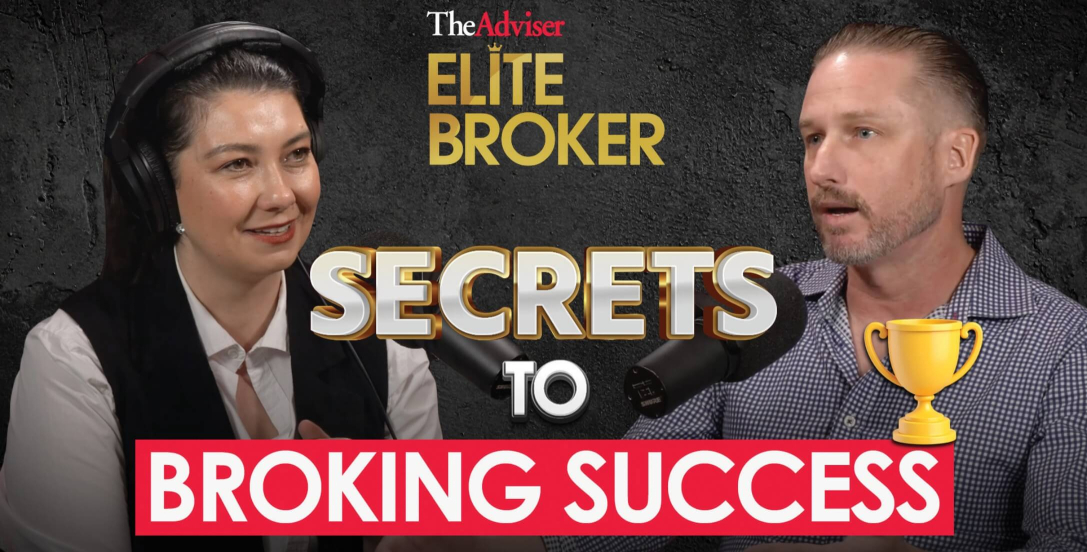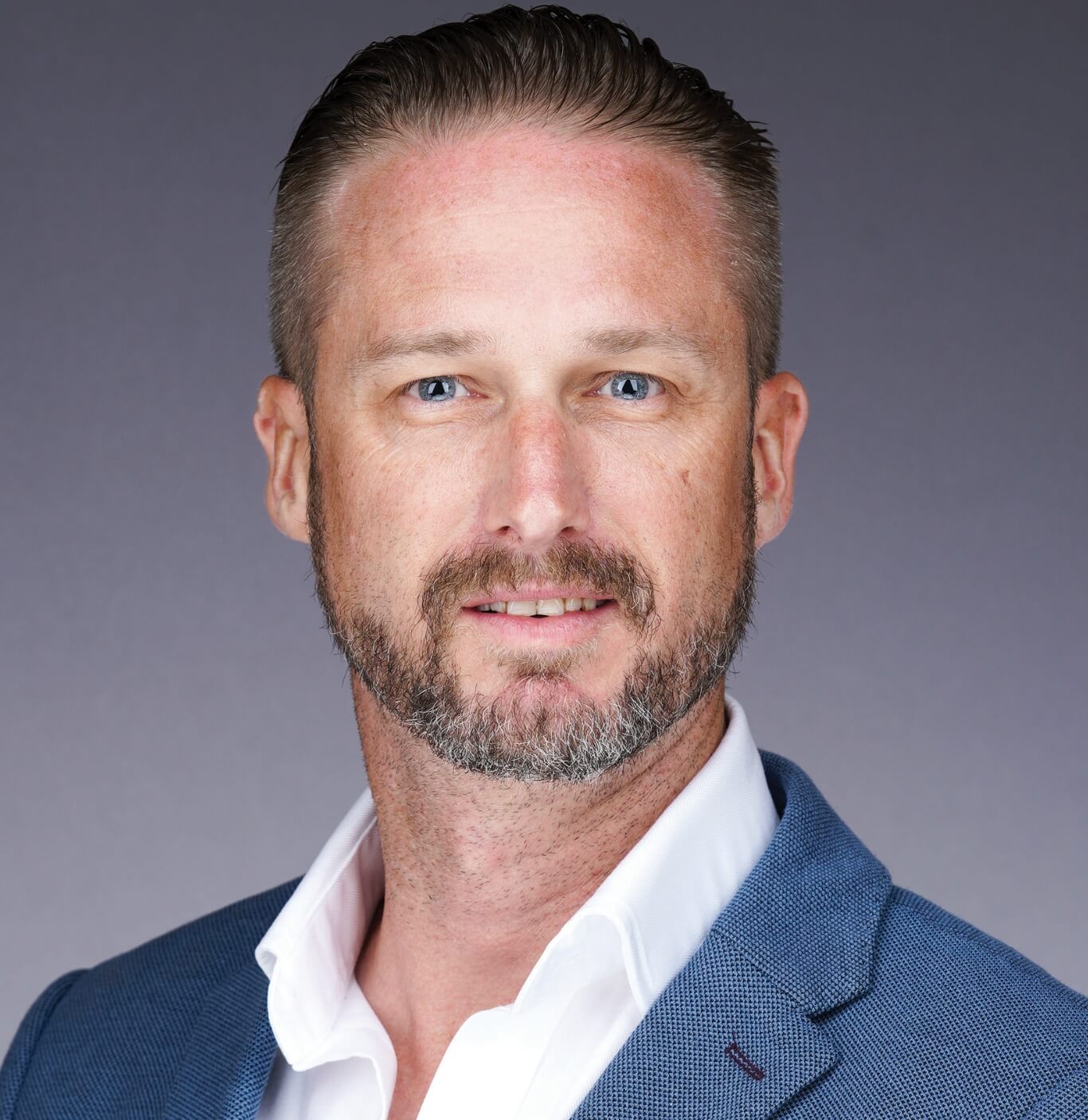Q. Why did you become a broker?
I was studying financial planning as a career beyond being a dancer after I’d served in the military. I had a meeting with Andrew Morello, who won the first season of The Apprentice, and I said, “Look, I want to get into financial planning. Can you help me open some doors?”
In the meeting, he went, “Mate, financial planning is dying. Rethink.”
I was three-quarters of the way through the degree and thought, “That’s not good news for me. What am I going to do?” And he literally just said, “Become a broker. You haven’t come from banking, but you’ve got a background in financial planning and learning from that process.”
So, I went off and did a Cert IV and then geared up to become a broker.
Q. You switched aggregators early in your career. What was that process like?
It was painful. Not only are you learning how to use that new platform, you’re also having to do your re-accreditation with all the banks, and they handle it very differently.
With some, you have to pretty much start again and redo all the learnings. Others will just say, “Yep, here’s your new broker code” and flip you over.
It is quite a process. I think if someone came to me and said they have got this aggregator and asked if I wanted to change, it would have to be a very good offering
I find first home buyers to be quite needy, but they’re also very sticky
Q. Who are your target clients, and what kind of loans are you writing?
I personally focus solely on first home buyers and then taking them through the process to become investors – whether that be investing in their self-managed super fund with their accountant’s advice or buying investment properties and leveraging off that first home.
I find first home buyers to be quite needy, but they’re also very sticky. That’s two things that I sort of focus on.
But if anyone calls me and needs assistance, I’m happy to help.
Q. What types of loans do you most love writing?
I personally love construction loans … The part I enjoy is the client relationship. If you take a first home buyer that’s doing construction, I have talked to them so much about their deal over that time.
We’ve got such a good rapport. I know everything. I know what they’re doing next. I know where they’re going on holidays. I know when they’re getting married. There’s so many points of contact that I’m embedded as a broker into their psyche, into their family in some cases.
Q. What’s the key to success when writing construction loans?
At the end of the day, it’s a normal loan, although it has its quirks along the way. When you’ve got that land that’s titling in the future, that can be scary for brokers because we’re talking about people’s borrowing capacity now, but we’re looking for land that may not be titling for 12 months.
You just have to be clear with the client and say, “Nothing can change. Savings have to be this.”
Q. How have you engaged with the local community?
We’ve just started doing some stuff with local schools because I think there’s no point sponsoring something if I can’t actively be there. For example, there’s no point in sponsoring a soccer club if I’m not there every week and being present. I don’t think that works.
Recently, through the RSL and another charity, we’ve started mowing veterans’ lawns.
It’s got a bit of backing from the RSL, a bit of backing from Mortgage Rate Finder, a bit of my time and energy, and then help from a couple of local guys.
Q. What advice would you give new brokers starting their journey?
Work in a group of brokers that can support you and help you through the journey.
Go through the process of being a processor, learn the business, and then become a broker.
That will give you a foundation and a bit of security and confidence to move forward.
I do fear some people might come into broking, as I potentially did, a little bit too naive, going, “I’m going to write these big numbers, I’m going to get this done”, and then realise that that’s not how it works. It takes a bit more time in the oven than that.





